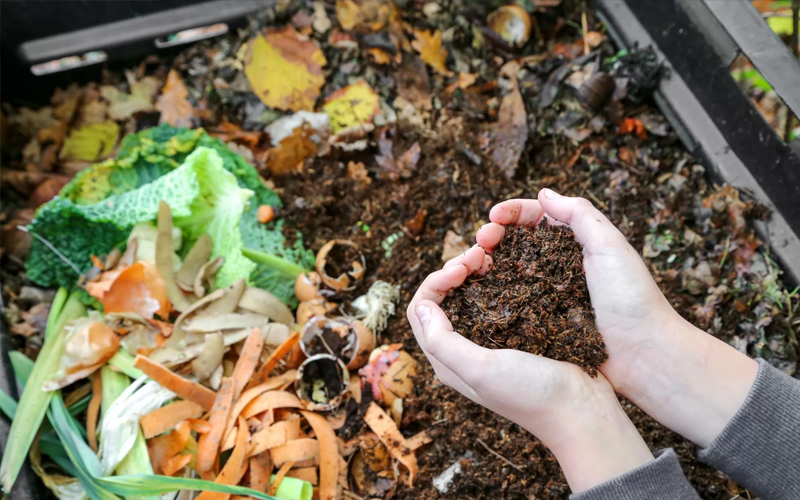Going green may, in many respects, be a wise financial decision. You may help the environment in many wonderful ways, such as recycling, buying used items, switching from a private vehicle to public transportation, or reducing your water usage. But the most essential place to start is understanding the food waste problem solution.
Is Food Waste a Serious Problem?
Yes, this is a big problem for several reasons. Here are food waste facts that are problematic:
Environmental impact
You may ask, “Why is food waste a problem for the environment?” Food waste results in the waste of water, energy, land, and other resources used in its production, processing, packaging, and transportation. It also decomposes in landfills and releases methane, a powerful greenhouse gas that plays a role in climate change.
Economic influence
Money is wasted on wasted food, which is a substantial loss. Around $1 trillion worth of food is thought to be wasted annually on a worldwide scale. This has ramifications for companies, farms, and the general economy in addition to having an impact on specific people.
Social influence
While food is being wasted, millions of people around the world go hungry or lack access to nutritious food. By reducing food waste, we can redirect these resources to those who need it the most and work towards achieving food security for all.
Ethical concerns
Producing food requires the use of natural resources and often involves the exploitation of labor. When food is wasted, it undermines these efforts and raises ethical questions about the fairness and sustainability of our food system. Overall, food waste is a complex issue that affects multiple aspects of our lives and has far-reaching consequences for the environment, economy, and society as a whole.

What Are 10 Ways to Reduce Food Waste?
For handling food waste at home, you can take the following actions that demonstrate how to prevent food waste:
Make a food plan
Before you go grocery shopping, plan out your meals for the following week. This will help you buy only the necessary ingredients and reduce the chances of buying excess food that may go to waste.
Jot out a shopping list
Based on your food plan, create a thorough shopping list. Try to stick to your list when you’re shopping to avoid making spontaneous purchases and wasting money on unnecessary food.
Proper storage
Store perishable foods like fruits, vegetables, and leftovers properly to extend their shelf life. Use airtight containers, wrap them in plastic or foil, or store them in the refrigerator to maintain freshness.
First in, first out
Place older food items towards the front, so they are used before newer ones. This ensures that no food gets forgotten and expires.
Portion control
Serve appropriate portion sizes during meals to avoid overeating and wasting food. You can always save leftovers for later or repurpose them into new dishes.
Use your freezer
If you have excess food that you won’t use before it spoils, you may utilize it later if it’s frozen. Many food items can be frozen, including bread, meat, fruits, and vegetables.
Get creative with leftovers
Find inventive ways to use leftovers in new meals rather than tossing them out. Stale bread may be made into croutons or breadcrumbs, while leftover veggies can be used in soups or stir-fries.
Decomposing
If you have a garden or access to composting facilities, consider composting your food scraps. This reduces waste sent to landfills and provides nutrient-rich soil for plants.
Donate or share excess food
If you have extra non-perishable food that you won’t eat, think about giving it to your neighborhood food bank or sharing it with your friends, family, or neighbors.
Raise awareness
Encourage your family members and friends to be mindful of food waste by sharing these tips and discussing the importance of reducing food waste.
Final Thoughts
this is a serious problem that has an adverse effect on society, the economy, and the environment. By implementing these tips to manage food waste at home, you can contribute to reducing food waste and its associated problems. Not only will you save money by buying only what you need and utilizing leftovers, but you will also help conserve resources and reduce greenhouse gas emissions. In order to create a more responsible and sustainable food system, even simple actions may have a significant impact.


